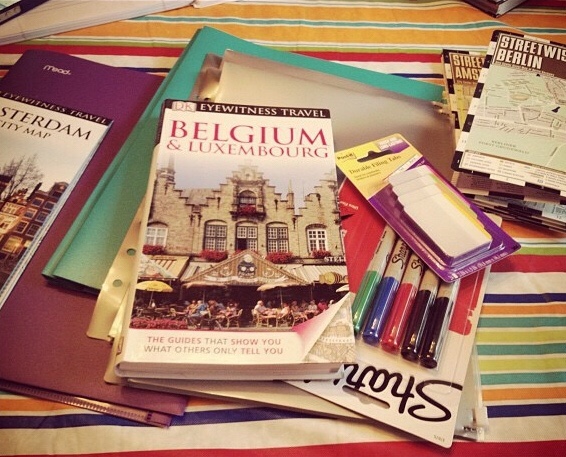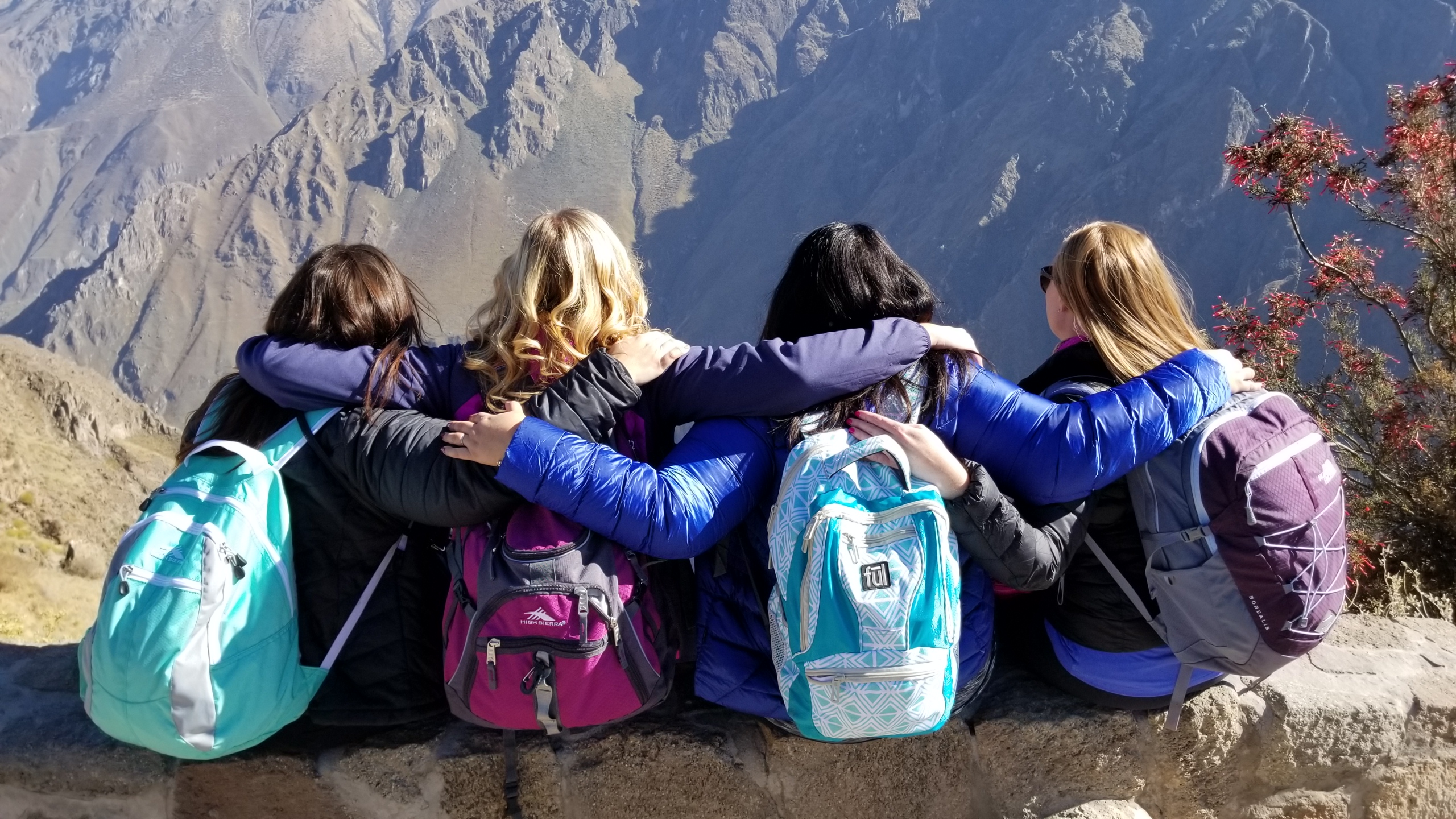
For the most part, we like to cover the fun and positive side to travel. But we would be doing you a disservice if we didn’t talk about the not so positive side every so often. In our collective travels to over 50 countries, we’ve experienced a bit of negativity related to travel safety and have learned a few things we would like to pass along. Hopefully you find these tips beneficial!
Luggage Safety
To kick things off, let’s talk about luggage safety. This might sound like a weird topic, but we have had a bag stolen from essentially in front of us before, so we know a thing or two-unfortunately. If you have a suitcase and a personal item, it is best to keep your personal item on you at all times. We are talking backpack, tote, purse, keep it on you. Don’t set it down, even on-top of your suitcase. Just hold it. Yes it may be forking heavy and uncomfortable, but it’s way harder for someone to take it, if you are holding on.
What happened to us, occurred in a train station in Brussels. It was late, we had to use the restroom and left most of our suitcases (5 of us total) with two people while the other three went to find the open restroom on the other side of the train station. The group members that stayed back, were approached by someone asking for help with the ticket machine that was right where we were standing. And in that moment, a different person came by and grabbed a backpack that had been put down. It happened so fast that there was no way to even see it. And if you’ve traveled a lot, this story sounds like millions of others (insert sad face here). Pro Tip: Most of the time, it won’t be the person you are actually talking to that is the thief, they are probably working with at least one other person who will walk up and take the item while you are distracted by being asked for help, money, directions, etc. And they are professional, so you would have to be Batman to spot the extra person they are working with. It sucks, but hopefully our missteps help you!
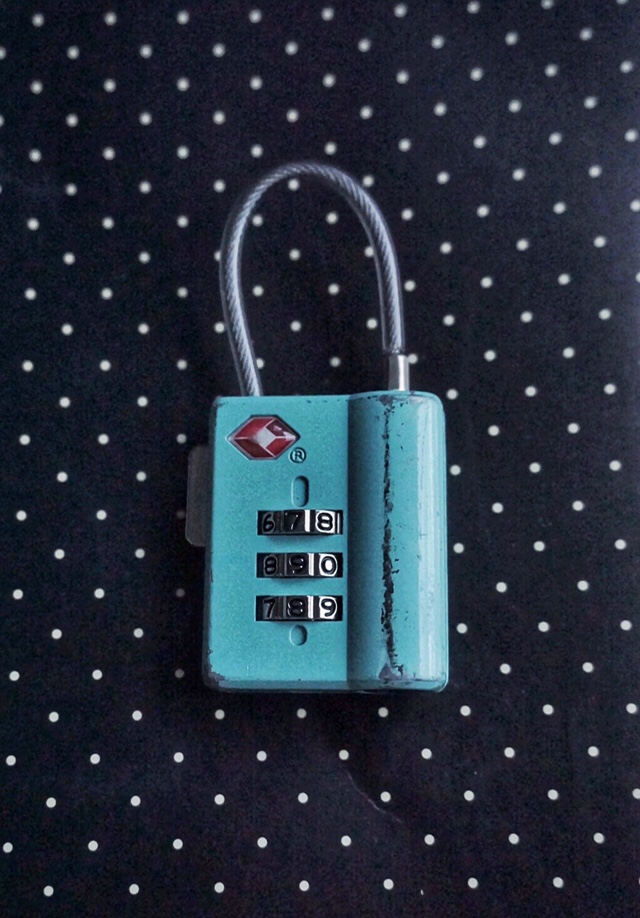
Another thing to consider is your purse or backpack. We are realistic in knowing that you are going to want/need to bring everything something with you while you explore each day. What that item is, varies by person and activity. One of our members is into photography and has a mirrorless camera and GoPro (she’s a little extra) to manage in addition to the “normal” things one carries around. She does have a cross-body camera bag style purse (that doesn’t look like a camera bag!), but it can be murder on your shoulders, so she’s used a backpack a couple of times. We also travel with a gentleman who typically carries a backpack during the day. And two of us are traditionally cross-body purse wearers.
This may go without saying, but we never put anything of value in the backpack that our man friend carries. It is usually umbrellas, water, jackets, etc. His wife carries the important stuff in her cross body or he does in his FRONT pocket. If we are ever in an area that is more crowded when wearing a backpack, we always swing it to the front. Not cute, but it works! You can also secure the zippers with a carabiner or small lock. When carrying a cross-body purse you can do a few things to keep the contents safe: 1. Keep a hand on it. 2. Zip it shut (make sure it does zip, we had a wallet stolen out of one that just folded over) 3. Use a carabiner to secure the zipper. 4. If it’s cold, zip it in your coat. 5. Invest in an anti-theft purse (we have used one and really like it. The downside is they tend to be a bit bulkier). 6. Just be aware of your surroundings. If it’s crowded, put a hand on your purse, or if you’re at a train station and are approached by anyone not part of your group, stay vigilant. Most people are harmless, but sadly you are better off thinking they are not.
Water
Do a little bit of research on the water where you are visiting. Sounds crazy? Well you’d be shocked to know that you can’t drink water in a lot of places. But we are always more surprised at how many places you CAN drink the water! Not only is that awesome, but it also helps save some money if you can re-full bottles! On the flip-side, you don’t want to learn the hard way that you can’t drink the water. Eeek!
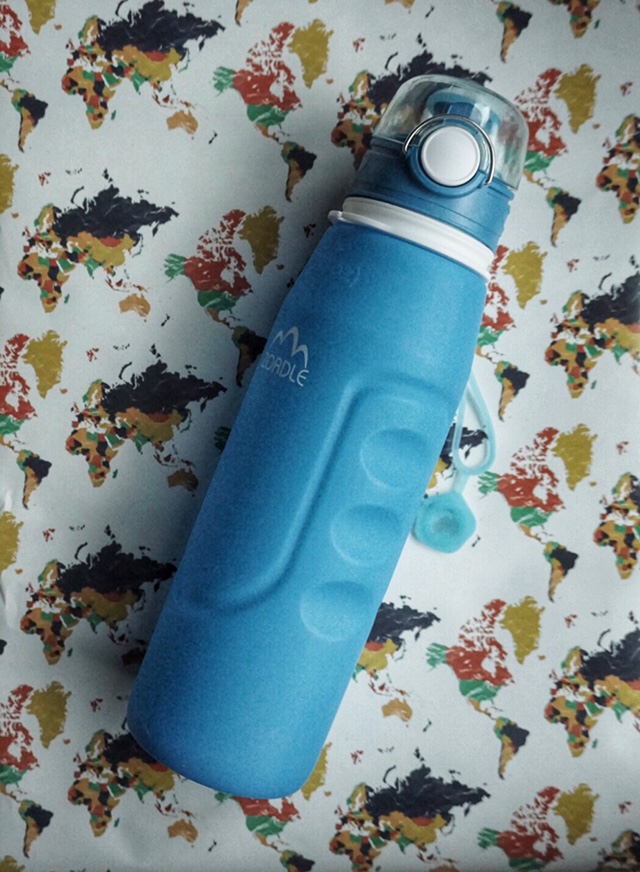
Emergency
Know the country’s emergency number, and ensure you have a means to dial it at all times. For example, in the US it is 911, in many European countries it is 112, etc. Many wireless providers will not charge you for making an emergency call while overseas and most countries will re-route the call if you do dial 911. pro tip: most phones allow emergency calls even if you don’t have an international plan activated.
Stay Vigilant
Use the “head’s up” rule. When traveling, you may find yourself looking up directions quite often, whether on your phone or looking at a traditional paper map (hey, they still exist). The point is, when you are looking down at these maps trying to get your bearings in a foreign country and devoting your attention to street signs and landmarks, muggers and thieves see this as a prime opportunity to take advantage of your distraction. In our group, we use the “head’s up” rule: this means that any time we need to stop and check a map, we assign 2-3 people to look at directions, and the other 2-3 stay aware. Those of us who are not looking at directions have multiple responsibilities: to turn and face the passing crowds and keep an eye on anyone passing close to our group; keep an eye on our belongings (even if they are still attached to us); be mindful of traffic coming our way or changing stop lights or signs; and advise our group to move if we are in the way or if unwanted attention drifts towards us. You do not need a large group to practice the “head’s up” rule; this can work with as few as two people. Even when traveling solo, you should still look up every few seconds and remain aware of your surroundings. Don’t become a target!
Laws
It is also helpful to know the country or region’s basic laws – the last thing you want is to end up in a foreign jail because you didn’t know that chewing gum is banned in Singapore or that wearing high heels to Greece’s ancient monuments is illegal (it’s true!). A basic internet search will provide you with everything you need to know, and it’s worth it to save yourself a lot of headaches down the road. Planning on driving? Familiarize yourself with the local traffic laws. You can’t turn right on red in Canada, don’t do it!
Language
Learn some basic phrases in the native language of the country you are visiting. Things such as “hello”, “thank you”, and “where is my beer?” can be really helpful. Okay maybe not that last one, but you get what we mean. In our experience, the locals are more likely to help you if you show an effort to respect their culture.
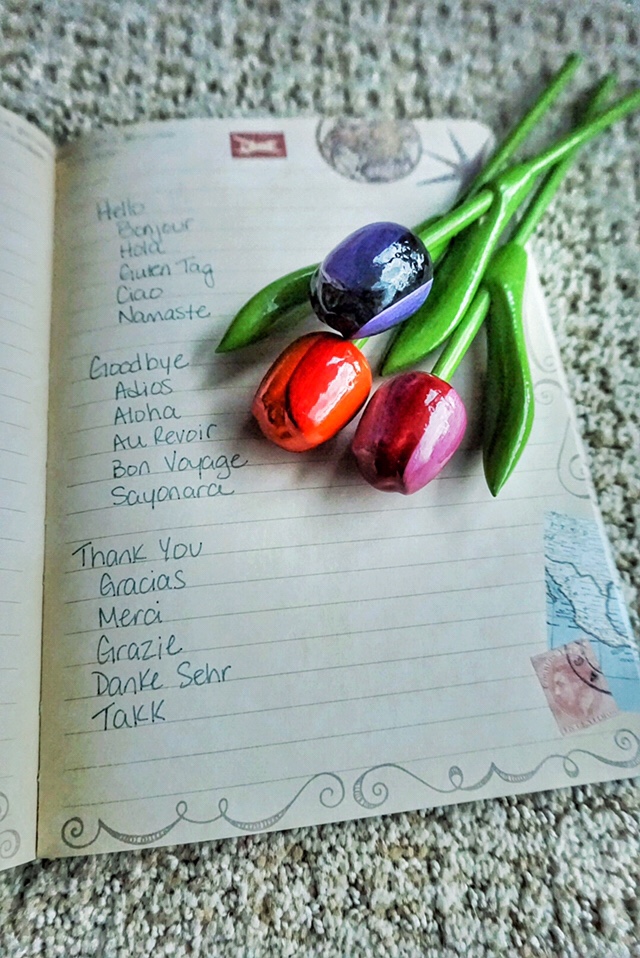
Economic Status
Research the country’s current economical and civil status. Seems pretty obvious, right? Surprisingly, this step is often missed in the excitement of booking travel and planning activities. You may have a destination in mind on your bucket list that you are just dying to visit, but the country’s economy may not be able to (or want to) support tourism. Recently, many popular destinations like Amsterdam, are discouraging visitors because the city simply cannot handle the extra people. Additionally, many other European countries are experiencing unrest due to domestic and international terrorist acts. For Americans, a good place to start is by visiting travel.state.gov to find out what the current government advisory level is, from Level 1: Exercise normal precautions to Level 4: Do not travel.
Dranks
On to our least favorite tip since we definitely enjoy our libations, but watch your alcohol intake while in a new country. To be fair, you need to be careful of it even in your home city, but it is something to be extra midful of while on a trip (and ESPECIALLY for our female travel friends!). We love a bottle glass of wine or a beer as much as the next person, but being in an unfamiliar city highly inebriated gives thieves (or worse) an easy target, so make sure to temper your drinking with a glass of water now and then. Don’t get drunk and be too loud or flash cash around.
This next tip is coming in the form of a question: Do I need that weird under shirt safety fanny pack?
So you’ve probably seen or even used a money belt before. They are thin and can be worn under your clothes. They resemble a flat fanny pack and there are people who will defend them to the ends of the earth and make it seem like it’s something you cannot live without. Trust us, you can and probably should live without it since they can become a super huge clear sign that you are a tourist when you have to access something in it. We HAVE used one in the past, but it was really a one-time, destination-specific thing…Morocco. Otherwise, here are some tips to keep your passport/money safe. First of all, don’t take all of your cash with you every day. If there’s a safe where you are staying stash some there, or even hide it in a sock in your suitcase or something. But there’s no reason to walk around with wads of money in your pockets. Second, if you can, separate your credit cards/debit cards. That way, if heaven forbid your wallet is stolen, you have a backup set hidden in another pocket of your purse or back at the hotel/house. As far as passport safety, we typically do carry them with us – being women, we always have a purse and can zip them into a hidden pocket. Dudes, if you are carrying yours, put it in your front pocket. Probably totes awkward, but better than it being taken. Which brings us to the next tip of putting your wallet in your front pocket. Gentleman, we know it’s SO LAME to do this, but it is the safer way to go. Also make sure to have a copy or two of your passport (leave it back at your home base) in case yours is stolen. It won’t work as a passport, but will help if you need to get one at the embassy. You can also take pictures of your credit cards in case they are stolen so that you have the necessary numbers to call.
Overall, even with our hiccups, we’ve been really lucky. This is mainly because we are super careful when on the road. It can be so easy to get caught up in the moment (hey it’s why you are there), but do your best to stay aware and think of these few tips to help keep safe. We would love to hear if you have others as well, so leave them in the comments below!
**Special thanks to one of our good friends Jenna for some of the major tips in this post! If you are ever interested in collaborating with us, please reach out!



